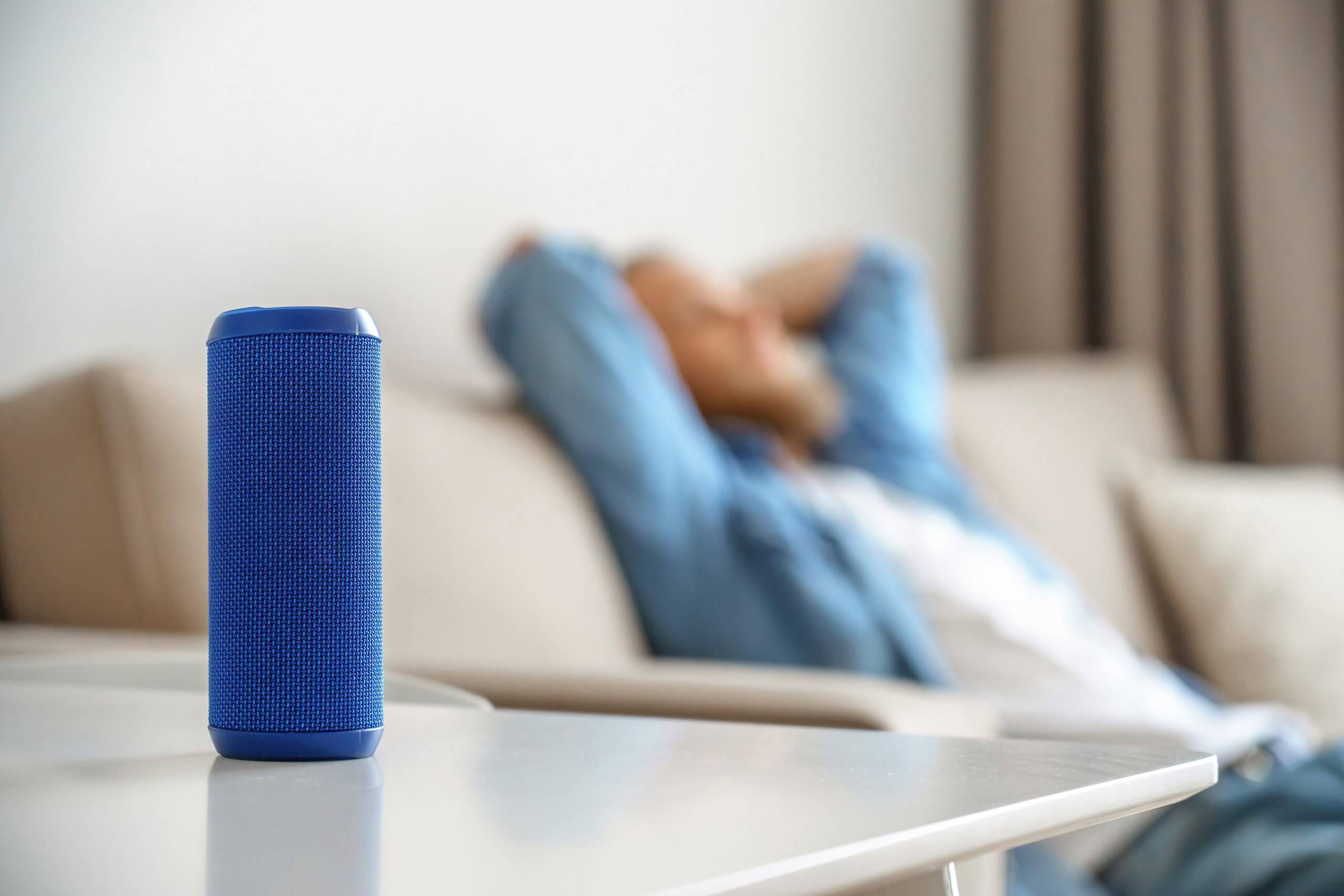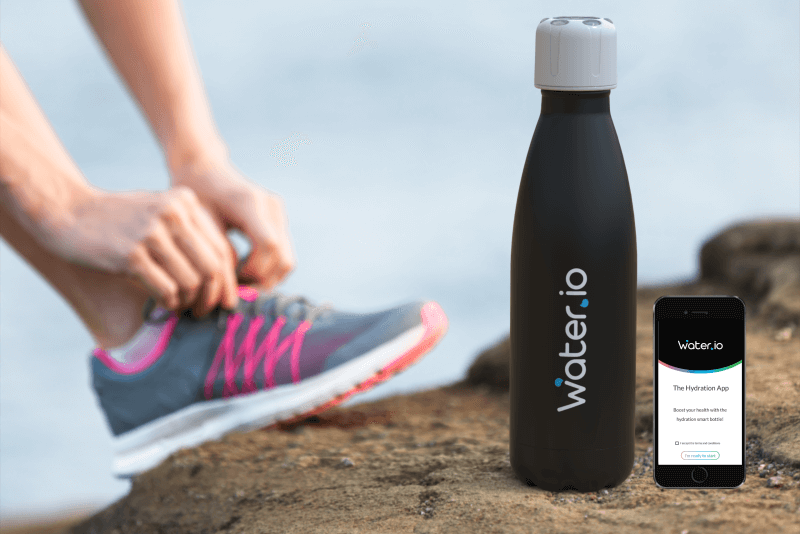Esteemed tech researcher Edewede Oriwoh once said “The Internet of Things (IoT) is not a concept but a true technological network of all networks around the world.”
Their description is true, and while it gives an idea of how expansive the IoT is, it fails to fully describe how much impact IoT technology can have on the life of the average user. IoT technology is changing everything from how we communicate to how we travel, how products are delivered and how we interact with those products. No business can afford to ignore IoT, because the concept is reshaping every part of our lives.
IoT is Reaching Every Niche
It wasn’t all that long ago people joked about “talking to your fridge” or marveled at the idea of a doorbell that was connected to a webcam. Today, we’re far past those things. Check out our previous blog “How the Internet of Things is revolutionizing consumer packaged goods” as it digs into the CPG industry. As these case studies show, IoT is changing the way almost every industry operates, here are a few examples:
Connected Healthcare
The implications of the rising availability of IoT for the healthcare industry are far-reaching. Connected wearables, diagnostics tools and monitoring systems enable providers to offer improved, personalized care. IoT devices can also supply health insurance companies with detailed information to allow them to better assess risk, which can benefit not just the companies, but consumers who are working to improve their health.
Modern Retail
Retailers can make use of IoT innovations to get better insights into everything that is going on in their businesses. From monitoring consumer satisfaction and footfall to improving supply chain management, connected devices and product tracking offer huge potential cost savings and efficiency improvements. With high streets and malls under threat from falling footfalls and the rise of online shopping, the cost savings that IoT use could provide are too large to ignore.
Everything in The Cloud
Today, if something can be in the cloud, it most likely is. Instead of carrying around a digital audio player loaded with FLAC or MP3 files, we stream music via our phones. Bloated applications supplied on DVDs have been replaced with the idea of ‘Software as a Service’. Many of us could do away with high-spec laptops and use a Chromebook or even a tablet PC for most of our day-to-day work. Even games can be streamed, allowing people to enjoy high-end titles without the expense of high-end hardware. Cloud services allow people to work anywhere, on almost any internet-enabled device.
Smarter Logistics and Products
The most commonly referenced benefit of IoT in terms of packaging is the idea that RFID labels on products can be used by shipping companies to track where they are in the supply chain. Innovative brands are going a step further and using smart packaging to track product use. For example, a supplement company could remind users to take their supplements, and even order more of a product when supplies are getting low. Consumers benefit from the more streamlined experience, and brands get information about consumer usage habits and the benefits of an increase in repeat orders. This idea can work for any long-life product with a service schedule or refillable product where repeat custom and brand loyalty are worth a lot.
The IoT Isn't the Future, It's Here
The impact of the Internet of Things is already being felt. Companies that previously did well in the bricks and mortar space are now being forced to understand digital technologies and how they can integrate with their businesses.
As Gartner explains in their Leading the IoT report, learning how to us IoT in your business can help to improve operational efficiency, facilitate the development of new business models, and increase engagement by both employees and customers. The potential is there for businesses that are willing to explore it.





